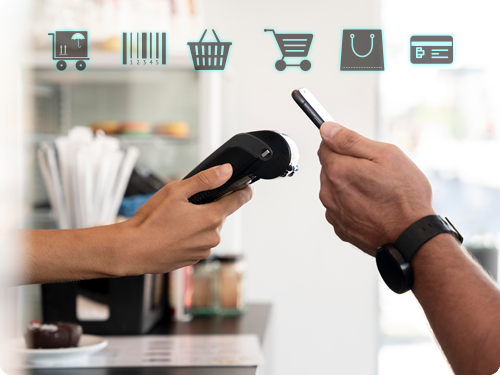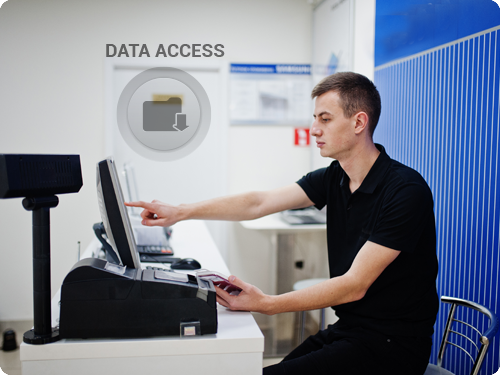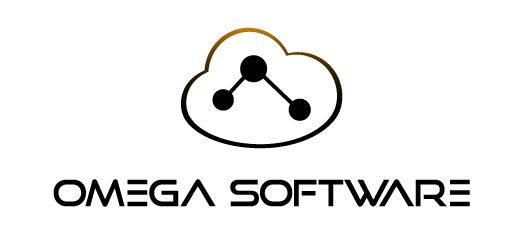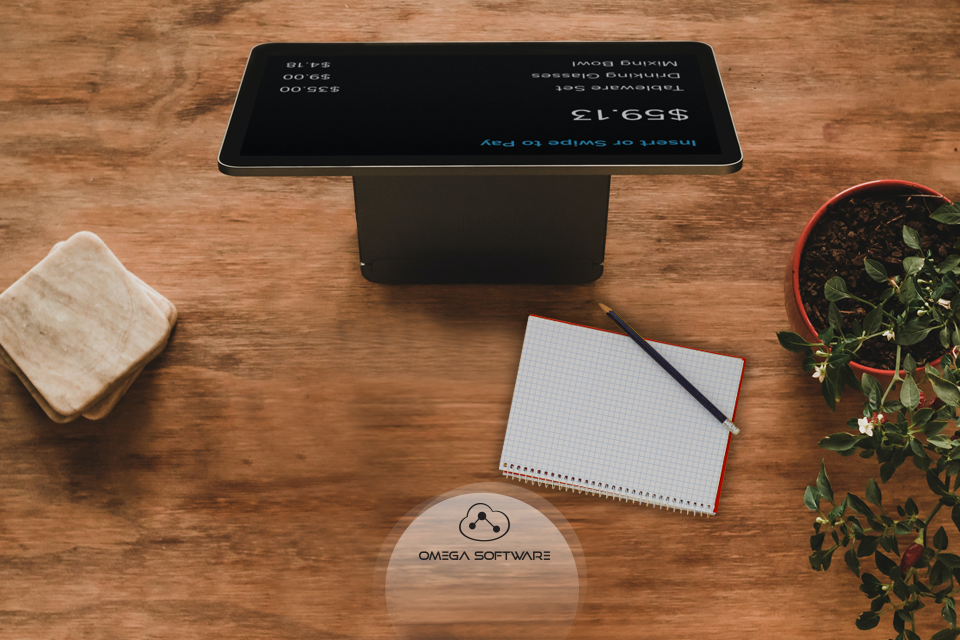Are you ready to dive into the world of technology and modernize your retail operations? Or do you prefer the simplicity of the traditional pen and paper method?
As a retail business owner, you would want to make sure that your operations are running smoothly, and that your sales transactions are accurately recorded. To achieve this, you have two options: either a Point of Sale (POS) system or the traditional pen and paper method. But which one is the best option for your business? To help you decide, let’s take a closer look at the benefits and drawbacks of each method. Several factors will influence the decision between the two.
In this comparison, we will examine the benefits and drawbacks of using a point-of-sale (POS) system and the traditional method of using pen and paper to manage retail operations and handle sales transactions. We will consider factors such as efficiency, accuracy, organization, security, and data analysis to determine which option is the best for different businesses.

POS System
A POS system is an electronic system meant to manage retail operations and handle sales transactions. These systems come pre-loaded with various cutting-edge capabilities, such as inventory management, real-time data, and the capability to acknowledge multiple payment methods. Because of this, they are an excellent option for larger retail establishments that need a more complex system to manage their sales and inventory. They are also an excellent alternative for online retailers.

Pen and Paper
On the other hand, logging sales transactions and keeping track of inventory with pen and paper is a time-honored approach that requires little to no additional expense. In contrast to a point-of-sale system, it does not call for the use of any technology and can be found almost anywhere. Because of this, it is an excellent option for low-volume, small businesses that do not require extensive capabilities or the capability to oversee their operations in real-time.

1. Efficiency
Pen and paper for sales transactions can be inefficient
Writing down information on paper can be time-consuming and prone to errors, especially for large data sales transactions.
POS system is efficient
In contrast, a POS system significantly reduces the time and effort required for sales transactions. It eliminates the need for manual data entry and reduces the risk of errors, as transactions are processed electronically. The system provides real-time updates on sales and inventory, allowing for quick and accurate decision-making. Additionally, using a POS system can increase the speed and efficiency of transactions, improving the overall customer experience. The ability to access data from multiple locations and devices further enhances the efficiency and flexibility of a POS system.

2. Mobility and access from anywhere
Limited mobility with pen and paper for sales transaction
Carrying paper records can be cumbersome and limit mobility, making it difficult to access important information.
Unlimited mobility with POS System
On the other hand, a POS system like Omega Software allows access to critical information from anywhere at any time through cloud-based or mobile solutions. This eliminates the need to physically carry paper records and enhances mobility, enabling sales transactions to occur regardless of location. The system also provides real-time updates and access to sales data, customer information, and inventory, allowing for quick decision-making and increased efficiency. Accessing information from multiple devices further improves mobility and the accessibility of important information. A POS system provides greater flexibility and convenience than traditional paper-based record-keeping methods.

3. Record keeping
Inaccurate record keeping with pen and paper
Handwritten records can be difficult to read, leading to inaccuracies and misunderstandings.
Accurate record-keeping with the POS system
A POS system greatly reduces the risk of miscommunication and inaccuracies. Transactions are processed electronically, eliminating the need for manual data entry and reducing the possibility of human error. The system provides clear, concise, and easily readable data, reducing the chance of misunderstandings. Additionally, a POS system offers the ability to store and access vast amounts of data in an organized and secure manner, improving the accuracy of record keeping. Using barcodes and other scanning technologies further enhances the accuracy and efficiency of transactions, reducing the risk of errors and misunderstandings. Overall, a POS system provides a more reliable and accurate method of record keeping than handwritten records.

4. Organization
Lack of organization with pen and paper
It can be challenging to store and access paper records in an organized manner, making it difficult to find specific information.
POS system keeps the sales transaction organized
A POS system offers a more organized and efficient method of record-keeping. The system provides real-time access to sales data, customer information, and inventory, allowing easy and efficient data retrieval. Additionally, storing vast amounts of information electronically enables quick and efficient searches, reducing the time and effort required to find specific information. The use of data filters and sorting options further enhance the organization and accessibility of data. With the ability to access information from multiple locations and devices, a POS system provides greater flexibility and convenience compared to traditional paper-based record-keeping methods. A POS system offers a more organized and efficient data management method than paper records.

5. Damage
Pen and paper sales transactions are vulnerable to damage
Paper records are susceptible to damage from moisture, fire, and other environmental factors.
POS system is not vulnerable to damage
In contrast, a POS system provides a more secure method of data storage. Transactions are processed and stored electronically, reducing the risk of data loss due to environmental factors. The system also includes backup and recovery options, ensuring that important information is protected in the event of data loss or system failure. Additionally, encrypted data storage and secure cloud-based solutions enhance the security of sensitive information. A POS system also eliminates the need for physical storage of paper records, reducing the risk of data loss due to theft, fire, or other environmental factors. Overall, a POS system offers a more secure and reliable data storage method than paper records.

6. Data Analysis
Limited data analysis capabilities with pen and paper
Analyzing data from handwritten records can be difficult and time-consuming, limiting the ability to make informed business decisions.
POS System offers unlimited data analysis
A POS system provides a more efficient and effective method of data analysis. The system provides real-time access to sales data, customer information, and inventory, allowing for quick and informed decision-making. Additionally, advanced reporting and analytics tools enhance the ability to analyze data and make informed business decisions. The ability to access data from multiple locations and devices further enhances the efficiency of data analysis. With a POS system, data can be easily sorted, filtered, and organized, reducing the time and effort required to analyze information. Overall, a POS system offers a more efficient and effective data analysis method than traditional paper-based record-keeping methods.

7. Security
Lack of security
Paper records are easily accessible to unauthorized personnel, increasing the risk of theft or fraud.
POS system is highly secure
A POS system provides a more secure method of record keeping, reducing the risk of unauthorized access to sensitive information. The system uses encrypted data storage and secure cloud-based solutions to protect critical information. Additionally, the use of user authentication and authorization controls enhances the security of the system, reducing the risk of unauthorized access. The system also includes audit trails and real-time reporting capabilities, providing a clear and comprehensive view of transactions and reducing the risk of theft or fraud. Overall, a POS system offers a more secure and reliable method of record-keeping than traditional paper-based methods, reducing the risk of data loss or unauthorized access.

Conclusion
A POS system offers numerous benefits compared to traditional pen-and-paper methods of sales transaction management. It reduces manual data entry, increases efficiency and accuracy, provides real-time updates, allows unlimited mobility and access, offers secure data storage and backup, and provides advanced data analysis capabilities. On the other hand, paper records can be time-consuming, prone to errors, limited mobility, and organization, and vulnerable to damage. A POS system provides more efficient, effective, and secure sales transaction management than pen-and-paper methods.

